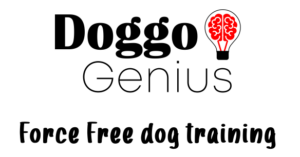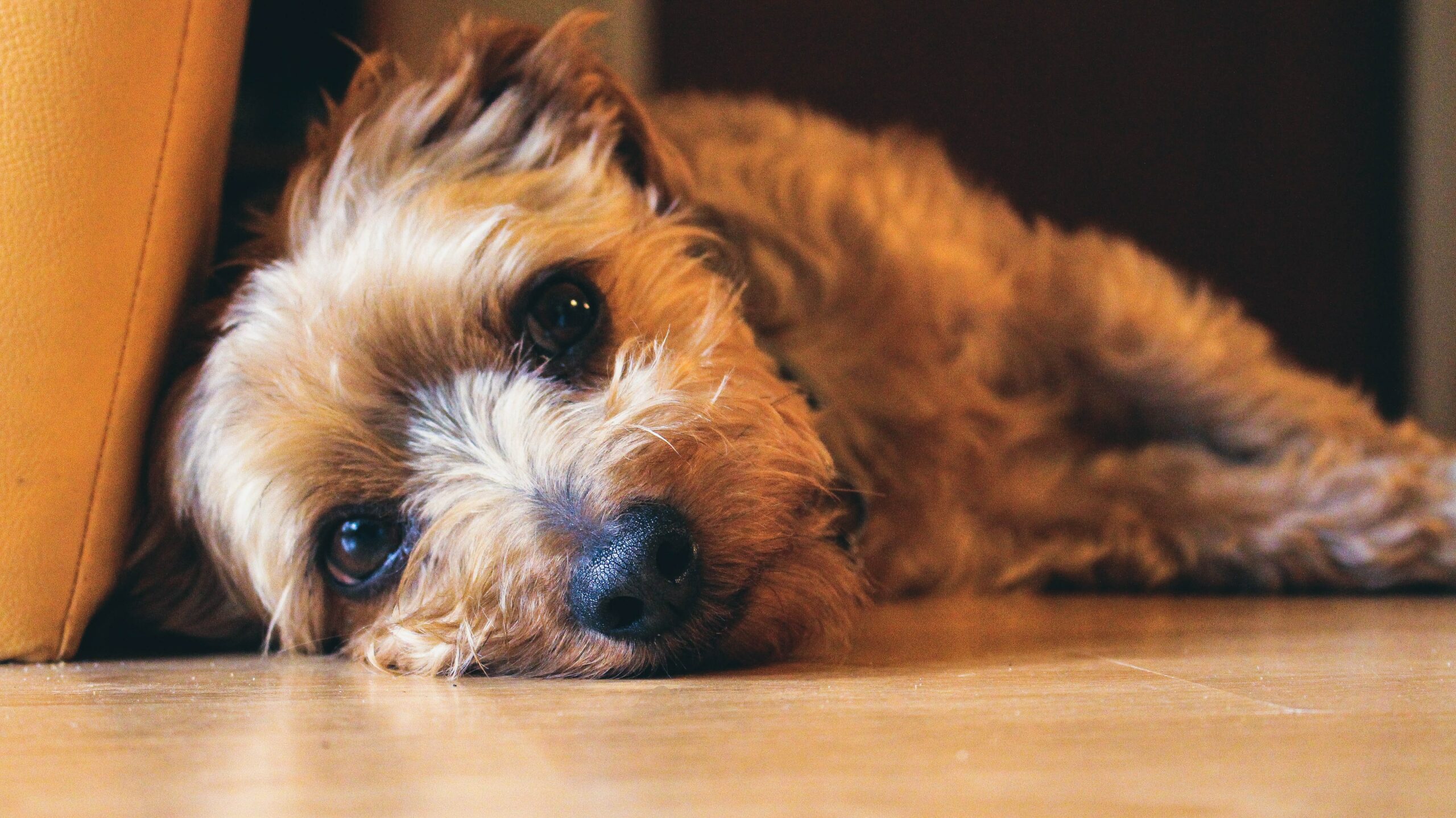Pets and Their People Blog
A New Puppy Affects the Existing Dog(s) in Your Household – Here’s What You Need to Know
In this blog post, we are going to look at how getting a new puppy may affect the existing pets in your home.
The safest and most responsible option would be to speak to a qualified trainer or behavior consultant to assist you with a management plan as well as an introduction between the new puppy and the resident dog. Very often, our nervousness gets the better of us and the situation.
Our dogs pick up on our anxiety and an introduction might not go as smoothly as it can. A very common example is that many dog owners misinterpret playing and fighting and nervously stop interactions where it would be beneficial to let it play out. An experienced professional will be able to be neutral, calm, and identify real red flags if there are any.
Here are Some Additional Considerations:
- If your existing dog is not social, do not get another pet. It’s important to mention that even if your current dog lived with another dog in your home, it does not mean that he is socialized and that he will accept another. However, social dogs will probably not be aggressive towards a new puppy/dog.
- If your current dog has behavioral issues that have not been resolved yet, do not add another dog to the home. The new dog will very likely emulate the current dog’s behaviors.
- If you already have a puppy at home, do not get another puppy. Wait at least six months so that you can give your current puppy the training and attention he needs.
- If your current dog/s is very strong and rough during play, you will have to keep your puppy separate from the other dog/s when they are not supervised. Having a puppy pen or baby gates in place will prevent a lot of stress and injury.
- If you are considering getting a new pup as a companion because another dog passed away, ensure that you and the remaining dog are really ready. You will be bringing home a pup with his own personality and quirks, and you might even feel disappointed that the new pup is not like the previous dog. Losing a family member affects our dogs as well. Sometimes having a new friend benefits the dog, but sometimes it might be better to wait. There is no definite route to take here; you will have to establish what is best for your dog.
- If you have a senior dog, make sure that he/she has a safe space to go to where the puppy cannot follow or access him/her unsupervised. Senior dogs are likely to growl, snap or nip puppies because they are not able to move away as quickly anymore.
- If you are thinking about adopting an adult dog rather than getting a puppy, there are a couple of extra considerations. One of the most important is that an adopted dog might need more time and space to find his paws in his new home. You will gradually start to see his true personality as newly adopted dogs often suppress behavior to establish what is safe and what is not; this often includes their social skills towards other animals. It’s important that you are willing to give your new dog that time and that you are understanding and patient with quirks that start to pop up and that you are willing to work with your dog if needed.
As the puppy’s baby breath wears off, so does the adult dog’s patience. (Photo by Alice Cullen on Unsplash)
Help the Resident Dog and the Puppy Feel Safe
Adult dogs tend to be patient with puppies; however, senior dogs have very little interest in entertaining baby dogs. At any age, dogs tell other dogs when they’ve had enough play or interaction. One dog could be lying down to prevent the other dog from playing with him, try to move away and avoid the pup or he could give a growl. If the pup does not respond to these signals, we have to call the pup away from the older dog and keep the pup occupied with something engaging and rewarding. Remove the focus from the resident dog, so that he can have a break and prevent tension and hostility from building up.
As the puppy’s baby breath wears off, so does the adult dog’s patience and he will start to teach the puppy the boundaries of interactions. This communication is normal, but a damaging bite to a puppy is not normal. We have to make sure that both the resident dog and the puppy feel safe and that their interactions are safe as well.
About the Author



